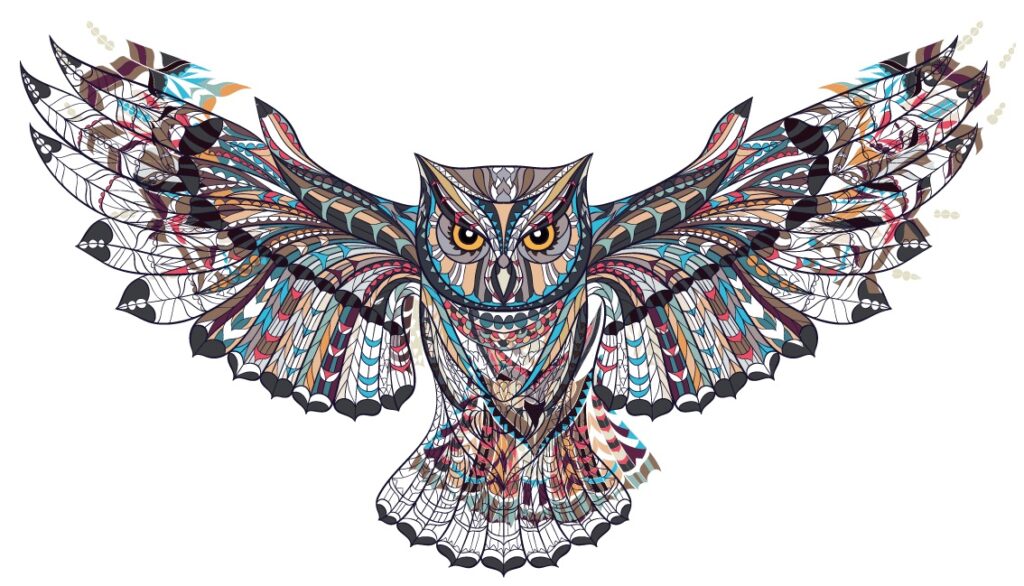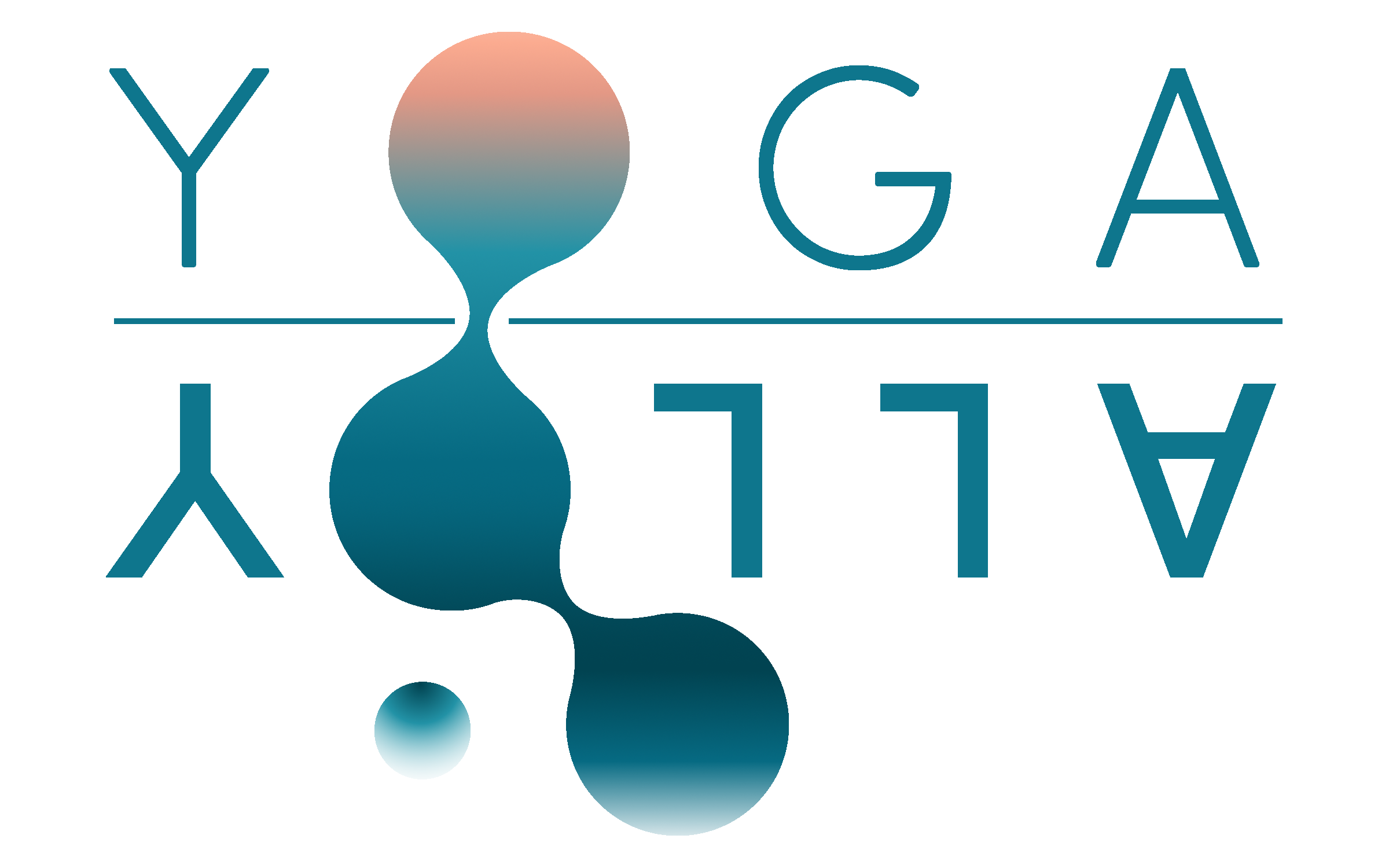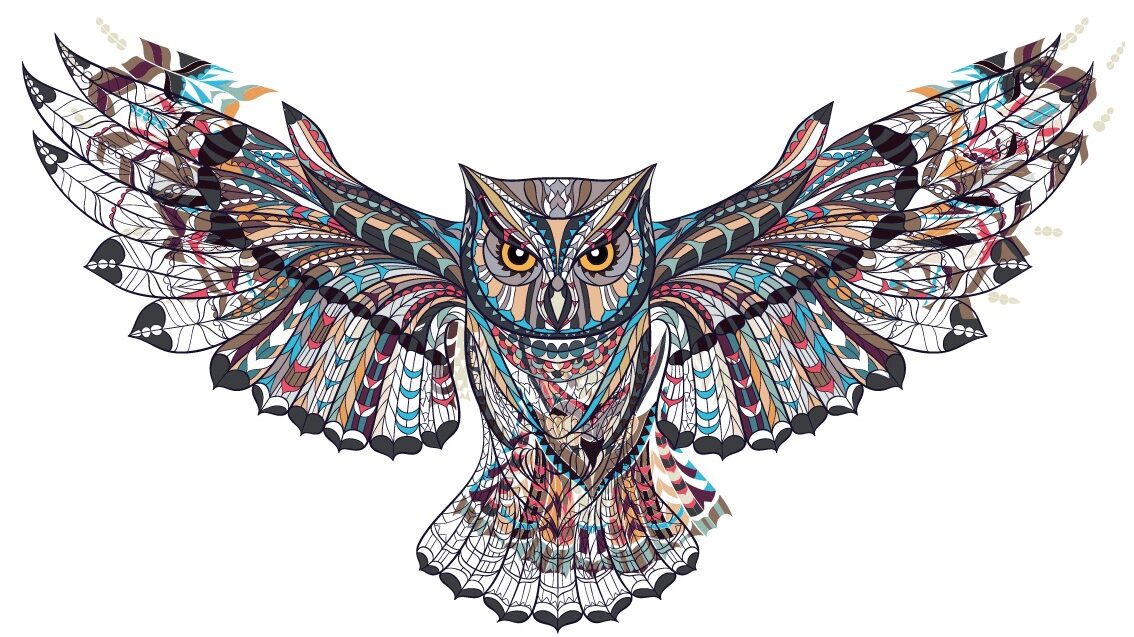Where is Consciousness?
Eastern and western thought traditions have very different understandings of consciousness. The answer both traditions would give to the question ‘where is the consciousness?’ is also quite distinct. The difference between the answers portrays their particular ways of tackling questions about consciousness.
In Western thought, consciousness is in mind.
The mind is the ultimate authority. It is responsible for
- our decisions,
- plans,
- self-image,
- and more…
There is also an unconscious part of the mind. That unconscious part is beyond our reach and not that powerful as long as our reason is sharp. At this point, I must add that this attitude has been changing these past few years. Yet the change is still not influencing how we understand the challenges of being human.

In the western manner of thinking, it makes so much sense to give superiority to the mind. The mind is the control center; if it fails, everything else falls apart. If the mind is healthy, all can be made right. Your mind can take care of your body, your soul, your desires, your needs.
(I just wish that it was that simple.)
In the eastern approach, the part of the mind that we have control over is not the control center. There is more to why we choose what we choose than our all-mighty reason. In an ideal world, we would have complete control over our actions. This image of the perfect world is in line with the western approach. Unfortunately, that is not how life works. We usually are not in control of our choices, inclinations, and desires. If we were, no one would be working hard to get rid of their less than beneficial habits. We wouldn’t be breaking into pieces between the things we want to do, and we have to do or between the person, we want to be and we are now.

In Eastern thought, consciousness is everywhere.
For example, the chakras, all around your body, are centers of consciousness. Your body has its wisdom as well as your mind. All life around you is conscious, as well as the life force energy that sustains us. Nothing is more important than the other thing. All are conscious. Which means that there is wisdom in everything. So the Eastern thought is wholistic. Their healing guidelines include habits, movements, thought patterns, diet, lifestyle, etc.
The eastern approach teaches us to listen to our bodies because the body has its wisdom. It is never about silencing irritations and discomfort. It is more about supporting us to find the source and deal with it. When we think that way we see that our bodies can tell us things that our conscious mind is not aware of. The same goes for life in general. Since all life is wise, everything around us has the potential to tell us a story that we can learn from.
We are here to thrive considering we are aware of all those forces empowering resources.
Yoga does not believe that the gap between our conscious and unconscious mind is impassable. On the contrary, yoga is all about achieving alternative states of mind in which the yogin can tap into the unconscious. That is why yoga uses the term supraconsciousness rather than unconsciousness.
The way to take the control of our lives is through humility and commitment. We need to accept the limits of our brain while we open ourselves to the unlimited potential of our wholeness. The way to realize our full potential is through committed practice. There are so many wholistic tools that are provided us thanks to wise teachers. Yoga is only one of them.
No matter which set of tools we choose we all need to commit to our path. The path is not easy but it is beautiful. The light that will shine through you is worth the effort you will need to put in.
Embrace the sacred within.
Yoga Alloy

